How Grassroots Volunteers Shape Elections: The Unsung Heroes of Political Campaigns
By , May 17, 2025
Grassroots volunteers are the heartbeat of elections. They work hard at the local level, talking to voters, spreading the word, and building support for their candidates or causes. Their efforts often tip the scales in elections, doing what flashy ads can’t. Let’s dive into how they make a difference.
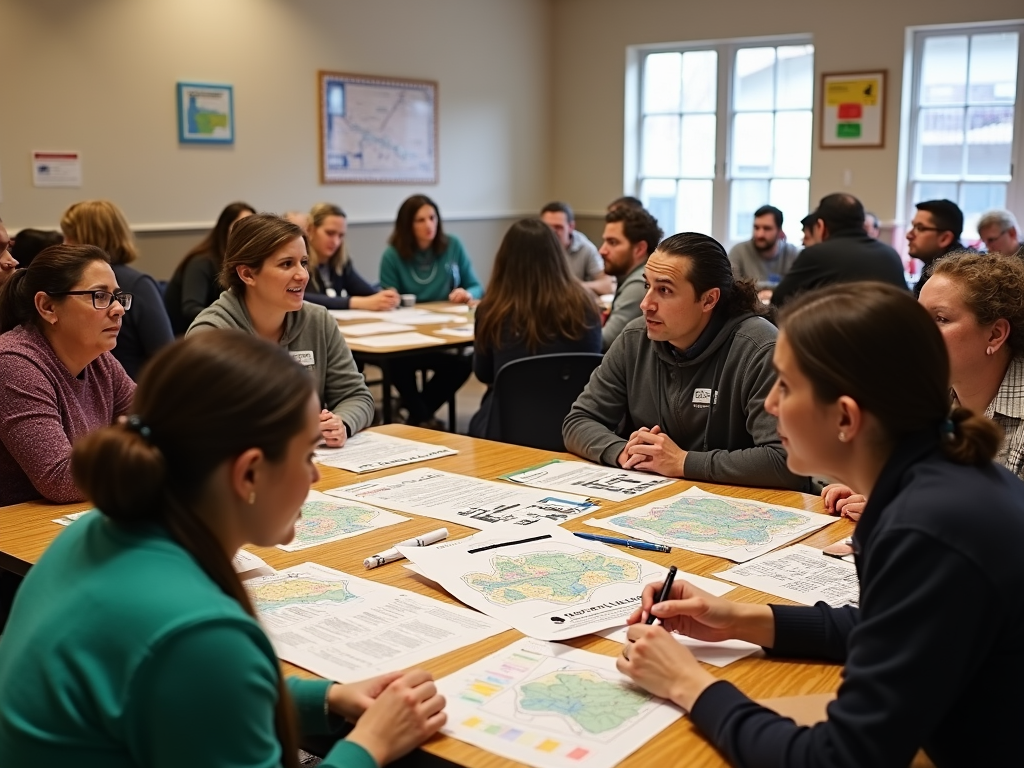
What Grassroots Volunteers Do
Grassroots volunteers roll up their sleeves and get to work in many ways. Here’s how they contribute to political campaigns:
- Door-to-Door Canvassing: They knock on doors, chatting with voters about what matters to them.
- Phone Calls: They call people to remind them to vote or share campaign details.
- Event Planning: They set up rallies, meet-and-greets, or community gatherings.
- Social Media Buzz: They post online, share updates, and connect with voters digitally.
- Fundraising: They host small events or ask for donations to keep the campaign going.
These tasks might sound simple, but they add up to big results.
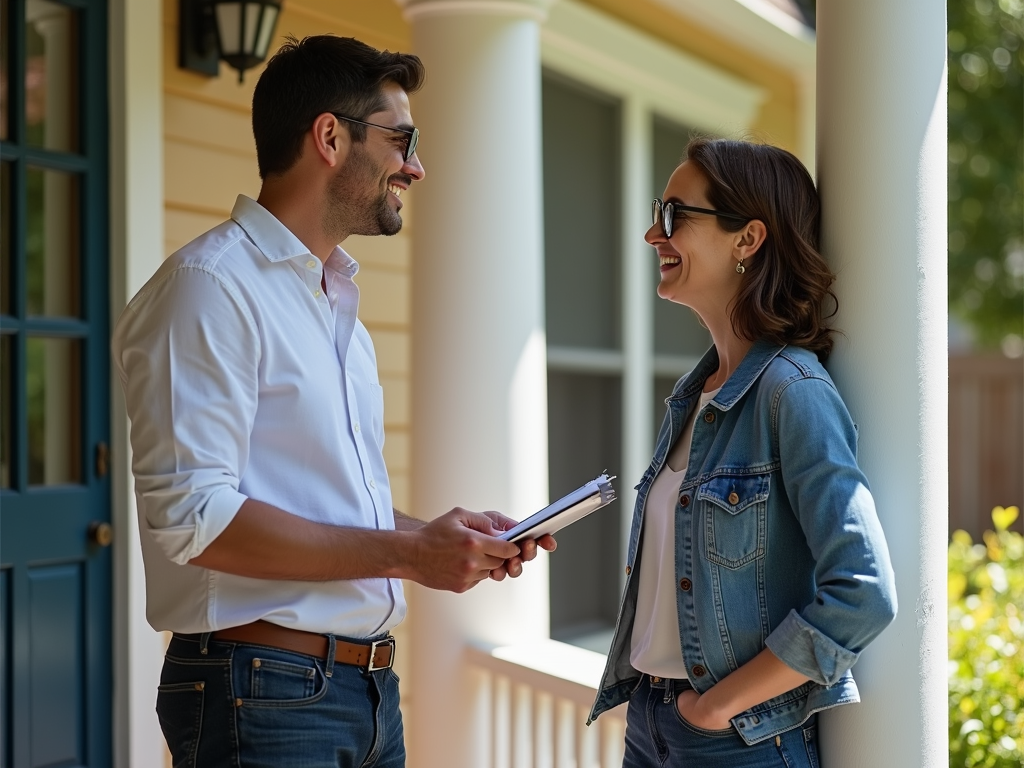
Why Their Work Matters
Grassroots volunteers don’t just help—they transform elections. Here’s why:
- Trust: People trust their neighbors more than ads. Volunteers build that trust.
- Personal Touch: They talk to undecided voters, answering questions ads can’t.
- Turnout: They get supporters to the polls, making sure votes happen.
- Affordable Impact: Volunteers save money, letting campaigns focus on the message.
Their local ties make all the difference.
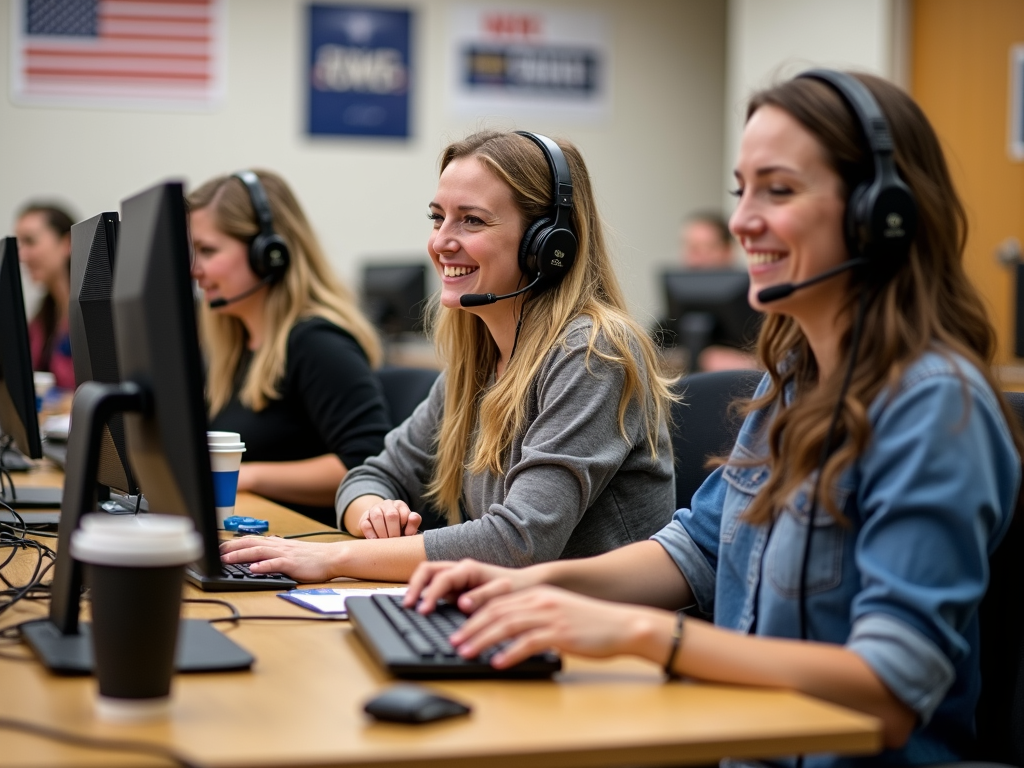
My Experience as a Volunteer
I’ve been a grassroots volunteer myself, and it’s eye-opening. A few years back, I helped a local candidate. My weekends were spent knocking on doors, sharing why I cared about the election. Some folks slammed doors in my face, but others listened. One guy, a dad with two kids, wasn’t sure voting mattered. We talked for 15 minutes about schools and jobs. He voted that year—first time ever. That’s when I saw how advocacy volunteering in political campaigns changes lives.
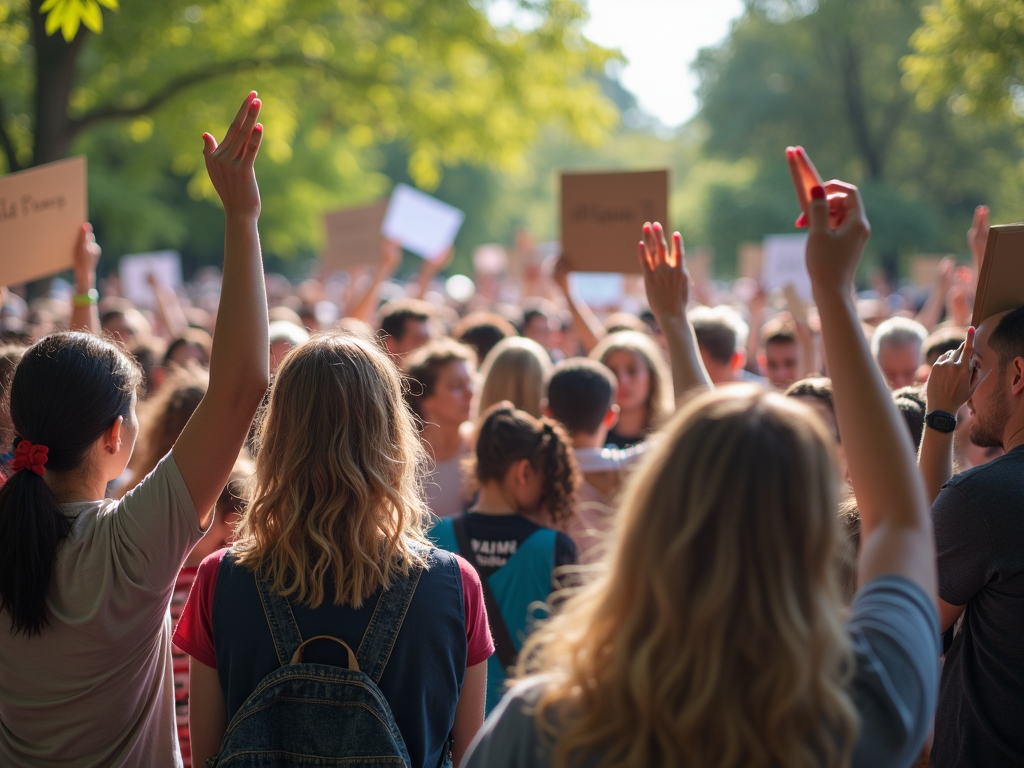
The Tough Side of Volunteering
It’s not all smooth sailing. Volunteers face real hurdles:
- Cold Shoulders: Some voters don’t want to talk. Rejection stings.
- Time: It takes hours, often after a long day at work or school.
- Stress: Elections are emotional, and volunteers feel that pressure.
But the wins—like seeing someone vote because of you—make it worth it.
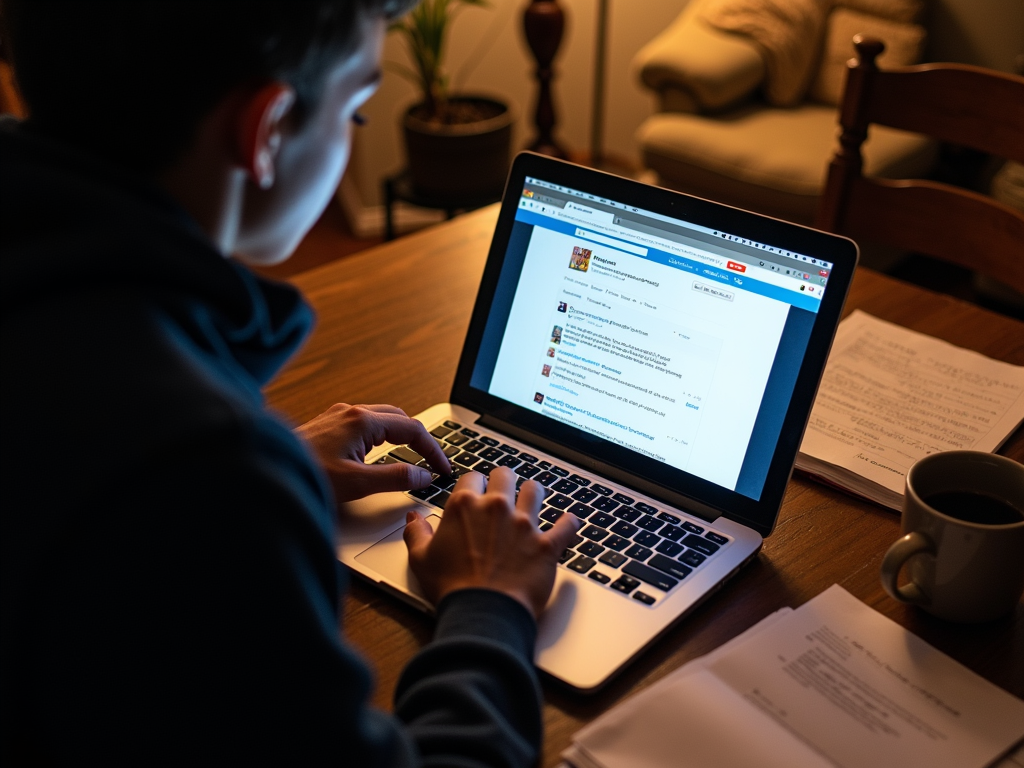
Real Stories of Impact
Grassroots volunteers have shaped big elections. Take 2008—Barack Obama’s campaign leaned on volunteers to win. They knocked on millions of doors, made countless calls, and turned out voters. Or look at Bernie Sanders in 2016. His volunteer army shook things up, proving advocacy can challenge the status quo. These stories show how grassroots power works.
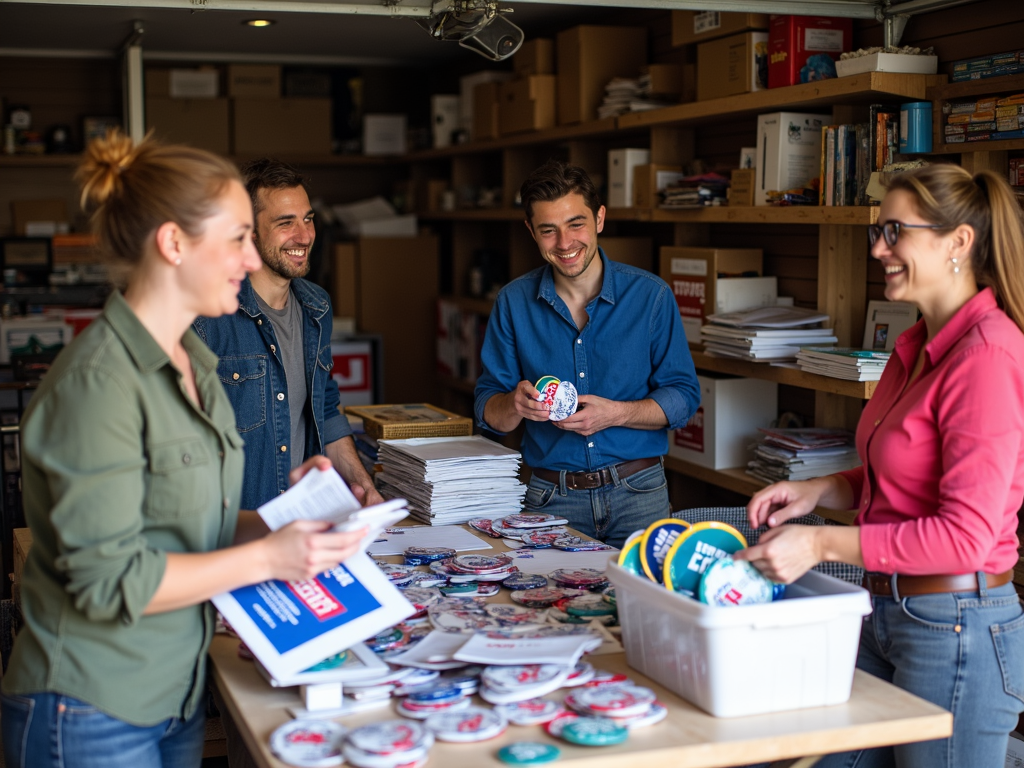
How Volunteers Advocate
Advocacy is at the core of what volunteers do. They don’t just push a candidate—they push ideas. They talk about healthcare, schools, or jobs, connecting with voters on what matters. This advocacy volunteering in political campaigns builds momentum. It’s not about shouting; it’s about listening and sharing.
Tips to Join the Movement
Want to be a volunteer? Here’s how to start:
| Step | Action |
|---|---|
| 1 | Pick a candidate or cause you believe in. |
| 2 | Visit their website and sign up. |
| 3 | Go to a training session if they offer one. |
| 4 | Try easy tasks like calls or posts first. |
| 5 | Stick with it—every bit helps! |
You don’t need experience—just passion.
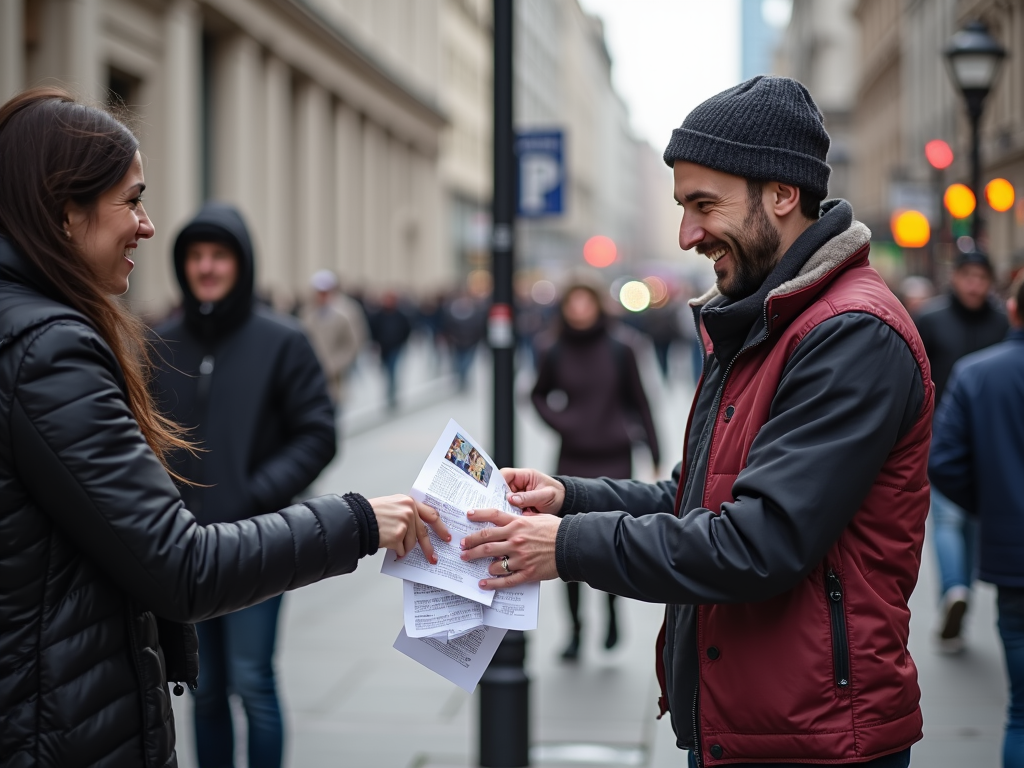
Wrapping Up
Grassroots volunteers shape elections by bringing people together. Their hard work, personal connections, and advocacy turn ideas into votes. They’re the reason local voices matter in big races. If you’re thinking about jumping in, do it—your effort could change the game.